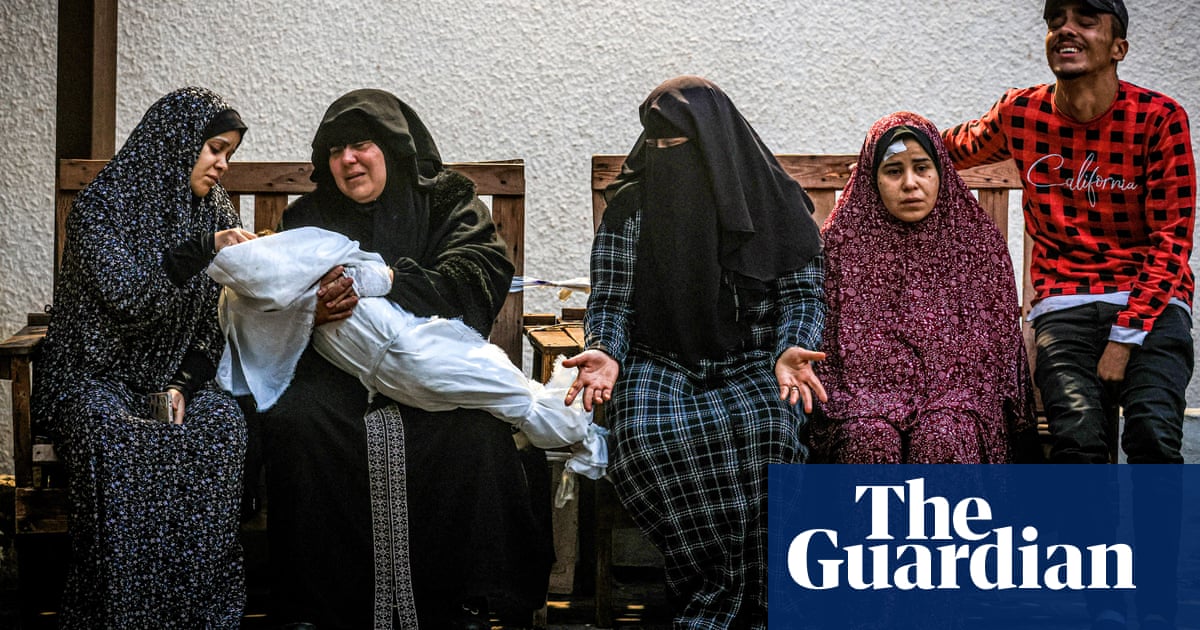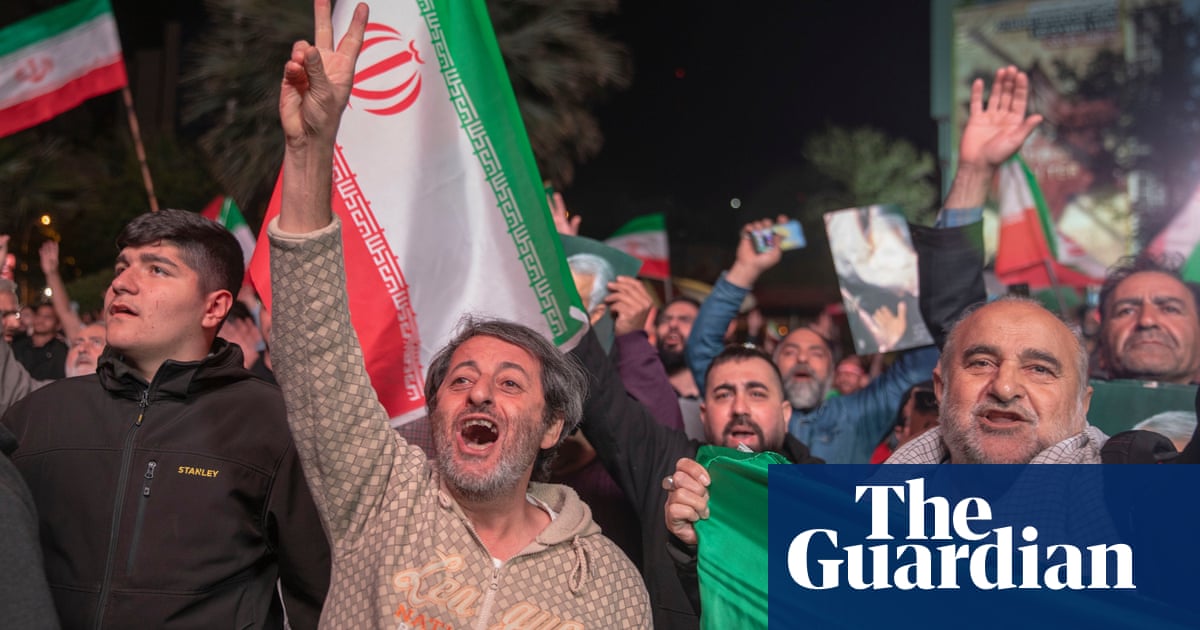
The Iranian Revolutionary Guard Corps announced on Wednesday the death of Col. Daoud Jafari, who was a senior adviser to the Iranian Air Force in Syria. According to Iranian media, Israelis killed him in a blast near Damascus.
The killing indicates Israel"s elaborate plan to counter any Iranian military presence in Syria and is an attempt to diminish Iranian military capabilities, which pose a threat to Israel"s national security.
Israel appears to be expanding its tactics by targeted killings of Iranian individuals and airstrikes against Iranian militias in Syria.
The assassination of Col. Jafari was carefully planned and carried out by attaching an explosive to his vehicle. This operation required a new kind of logistical preparation and intelligence on the ground.
It is worth noting that the killing took place near the town of Sayyidah Zaynab (Sitt Zaynab), south of the capital Damascus. This town was turned into the headquarters of Iranian militias during the Syrian war.
Despite the significant military presence, Israel managed to infiltrate Iran"s security in order to carry out the assassination.
However, what happened raises questions. How was Israel able to build intelligence "sleeper cells" in the most fortified areas that are the command center for Iranian militants and their non-Syrian loyalists?
Moreover, has the Syrian regime become so weak that it cannot protect its Iranian allies on its own soil?
This inability to respond to Israeli military operations has diminished support for the Assad regime in the eyes of its remaining Syrian loyalists.
Israel has carried out hundreds of airstrikes against Iranian militias in Syria in recent years, especially Lebanese Hezbollah, which is considered Tehran"s arm in the region.
It seems that the killing of the Iranian general in Syria is a continuation of the aerial bombing operations targeting the Iranian military headquarters in Syria, but in a more complex and thorough manner.
Israel has previously targeted people associated with Iran, but with airstrikes, not explosives on the ground.
On March 19, 2015, Israel orchestrated the assassination of Samir Kuntar, a senior Hezbollah member who was killed in Damascus after Israeli warplanes bombed an apartment building where Kuntar was staying at the time.
Another example is the assassination of Jihad Imad Mughniyeh, the leader of Lebanese Hezbollah, and son of Imad Mughniyeh, one of the party"s senior military commanders. He was killed in an Israeli airstrike on his convoy in Quneitra, southwestern Syria, on Jan. 18, 2018. It is clear that the assassination of Col. Jafari cannot be separated from recent Israeli operations in Iranian territory.
On June 12, Iranian media close to the Revolutionary Guards reported that Ali Kamani and Mohammed Abdous, two members of the Revolutionary Guards air space unit, were killed in the cities of Khamen and Semnan. Kamani and Abdous had worked on developing and producing weapons for Lebanese Hezbollah. Iran blamed Israel for both killings.
As long as Iranian militias remain on Syrian soil, there will be no stability in Syria nor in the entire region.
Ghassan Ibrahim
Another case is the assassination of Ayoub Waitari, who specialized in developing missiles and drones for the Revolutionary Guards. According to Iranian sources, he died of deliberate food poisoning. A similar case of death by food poisoning was the murder of Kamran Aqa Mollaei, an Iranian geologist who worked for the Iranian regime.
Iran accused Israel of orchestrating the poisoning in both cases.
Iran appears weaker than it claims, as Tehran has so far been unable to respond to Israeli military operations against it.
The main reason for Israeli attacks on Iranian units in Syria is a change in the nature of Iran"s presence in Syria from an alleged mission to save the Assad regime to an attempt to turn Syria into an advanced military platform that could threaten Israel’s safety and put pressure on Western countries.
In recent years, Iran has been working consistently to build military infrastructure in Syria that includes permanent bases and small airfields for the Revolutionary Guards.
In addition, it has set up facilities for its military industry in Syria so as to avoid Israeli bombing of supply convoys from Tehran to Damascus.
Despite Iran"s efforts, Israeli airstrikes continue to this day on a regular basis.
The Ukrainian war also significantly impacted decisions made in Iran and Israel.
Iran was frightened by Russia"s gradual withdrawal from Syria toward Ukraine, which prompted it to strengthen its military presence.
Israel, on the other hand, began to fear losing the Russian green light that had allowed it to attack military points in Syrian territory.
However, from the beginning of the Ukrainian war, it became clear that Israel intended to continue its airstrikes, while Iran could not take advantage of the growing Russian vacuum in Syria.
Tensions between Israel and Iran have continued to escalate and threaten to turn Syria into the scene of an undeclared war between the two countries.
As long as Iranian militias remain on Syrian soil, there will be no stability in Syria nor in the entire region.
• Ghassan Ibrahim is a British-Syrian journalist and researcher on issues regarding the Middle East, most notably Turkiye, Syria and Iran. He can be reached at www.ghassanibrahim.com.












